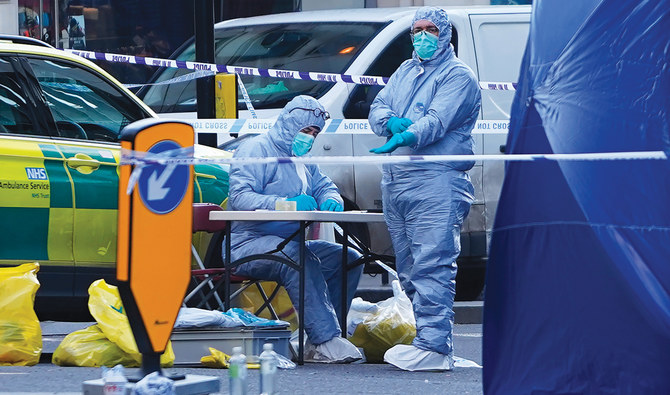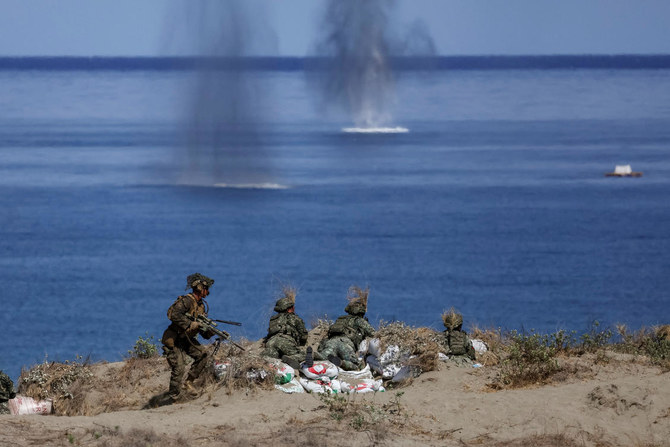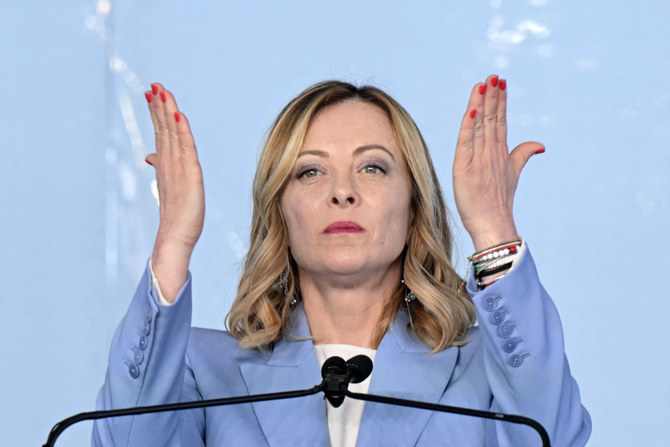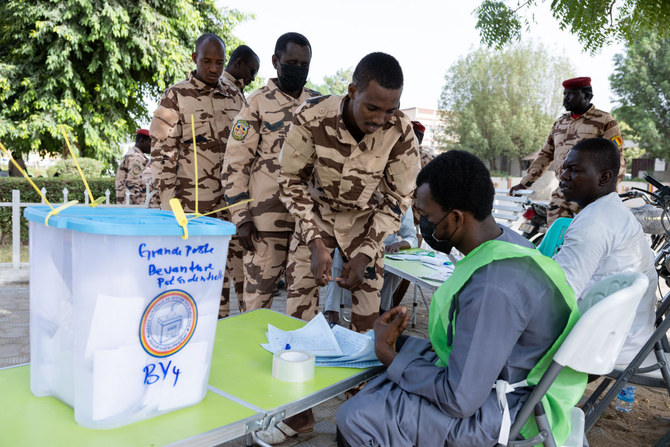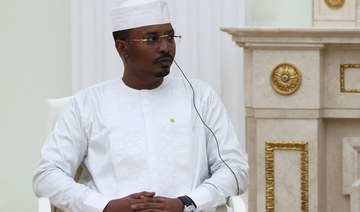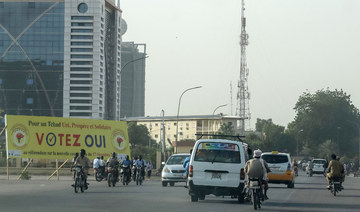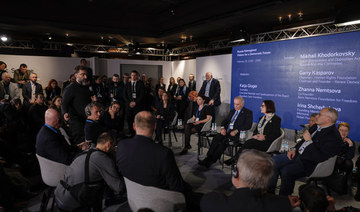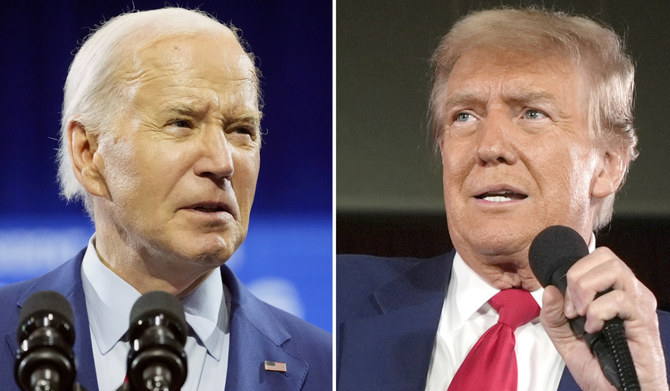LONDON: Jack Merritt died doing the job he loved. After completing a master’s degree in criminology at Cambridge University, he worked as a course coordinator for Learning Together, the department’s prison-based education program.
The initiative was designed to help reform prisoners, allowing them to rebuild their lives free from crime.
Merritt was killed last Friday by Usman Khan, a convicted terrorist who had been given “special permission” to travel to a Learning Together conference in Fishmonger’s Hall, London.
On Sunday, details of the second victim were released. Saskia Jones, another Cambridge criminology graduate, volunteered at the rehabilitation program that worked with Khan.
Opinion
This section contains relevant reference points, placed in (Opinion field)
Outrage erupted across the UK after it emerged that Khan had been freed from prison on license a year before the Nov. 29 attack.
The front page of The Times the morning after the attack led with the headline “Terrorist with a tag,” referring to the electronic monitoring bracelet and curfews that he was given as conditions of his release.
In 2012, Khan, a friend of notorious hate preacher Anjem Choudhary, was jailed for planning to carry out a bomb attack on the London Stock Exchange.
As every aspect of the attack is scoured over by police and media, one question keeps being asked: How could a terrorist convicted of planning a bomb attack be freed to walk the streets of London?
Details of Khan’s release and the perceived “soft touch” that gave him the freedom to strike in the capital has led to a national conversation on when a known terrorist can safely return to society.
On one hand, many academics and criminal justice campaigners believe that all criminals — even terrorists — should be offered resources to reform and return to their communities.
But their opponents, often from security think tanks, allege that convicted extremists are different to other criminals as their minds have been warped beyond repair and the risks of rehabilitation are not worth the costs.
FASTFACTS
● Attacker identified as Usman Khan, 28.
● Khan was born and raised in Stoke-on-Trent.
● Arrested in 2010 for London Stock Exchange attack plot.
● Previously sentenced in 2012 with minimum jail term of eight years.
● Released in 2018.
● Made to wear electronic tag, enter rehabilitation program.
Khan, the first freed convicted terrorist to carry out an attack in the UK, is at the center of this debate.
Following the attack, Prime Minister Boris Johnson announced demands for convicted terrorists to be barred from early prison release.
He blamed changes to the law made under former Prime Minister Gordon Brown’s Labour government for Khan’s freedom, arguing that it was “ridiculous and repulsive” that he was automatically freed halfway through his sentence.

Terror victims: Cambridge University graduates Jack Merritt, 25, and Saskia Jones, 23, died in the London Bridge attack. (AFP)
Johnson revealed on Sunday that 74 other convicted terrorists had been released from prison since 2000.
But Jeremy Corbyn, Labour Party leader and Johnson’s opponent in the upcoming election, declared that it was “not necessarily” right that convicted extremists should have to serve their full sentence.
Merritt’s family said: “We know Jack would not want this terrible, isolated incident to be used as a pretext by the government for introducing even more draconian sentences on prisoners, or for detaining people in prison for longer than necessary.”
But in Khan’s case, security experts argue that he was not detained for as long as was necessary.
Kyle Orton, a British independent terrorism researcher, told Arab News that it is “impossible to argue that he shouldn’t have been in prison. He was so obviously a dangerous person.”
Orton believes that rehabilitation works “in some cases, especially for those who are dabbling in extremism. In those circumstances, early intervention can make a big difference. But I’m really skeptical of claims that they (rehabilitation programs) should be used more generally as a tool to counter extremism.”
He added: “Rehabilitation is a spongy concept. De-radicalization is too ambitious. Expecting the state to change ideas is asking too much.”
Khan, dubbed the “poster boy” of the rehabilitation scheme he went on to attack, even wrote a poem and a thank-you note to organizers of the Learning Together initiative after they provided him with a computer he could use without breaching his Internet ban.
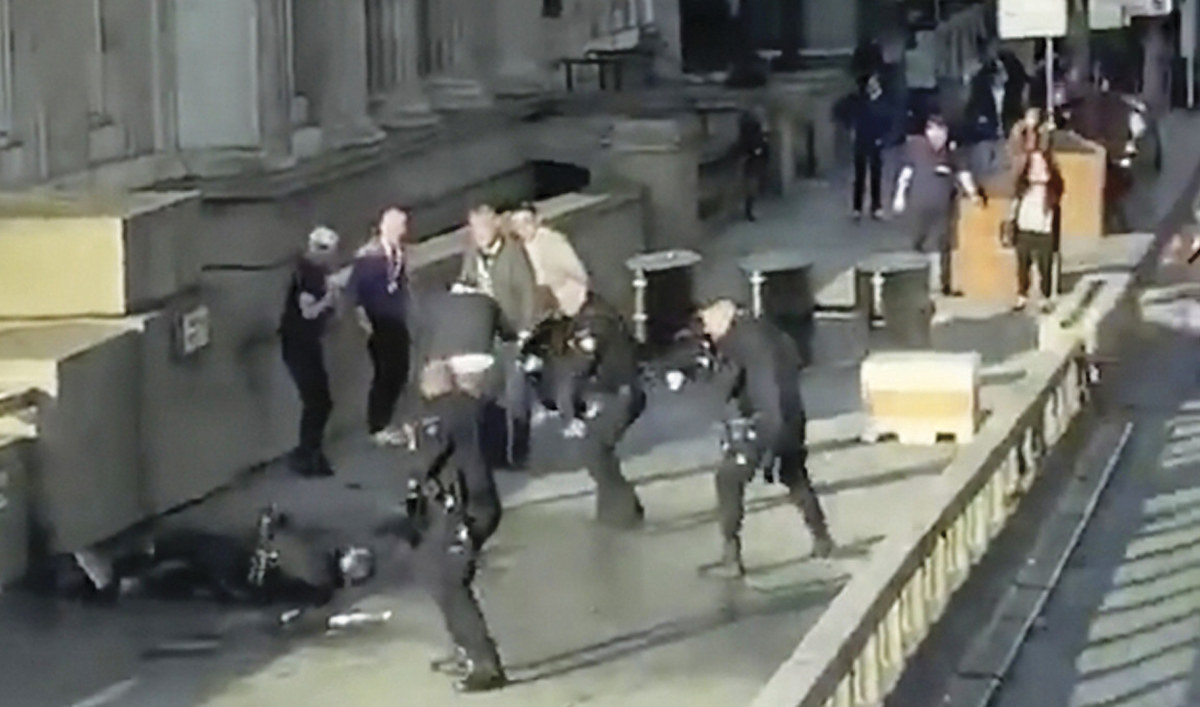
Police surround Usman Khan after the convicted terrorist was wrestled to the ground by bystanders following his deadly knife attack. (AP)
This raises the question: How can we know when an extremist has been turned? Orton is adamant: “We can’t.”
He added: “It’s incredibly difficult to judge a jihadist’s state of mind. You’re incentivizing them to lie to you. You can’t prove their change of heart, and they know that enough goodwill might get them released.”
David Wilson, emeritus professor of criminology at Birmingham City University, told The Times that “people know what they have to say so that you can tick boxes to say you have done the course. It is not rigorous and nobody has confidence that it does what it says on the tin.”
Wilson, who has previously served as a police governor, added: “The prison service has no idea how to cope with terrorists. The only good thing that might come out of this terrible tragedy is there will be a proper look at how we are going to cope with people convicted of terrorist offences.”
The solution, according to Orton, lies in the tougher sentencing being touted by the prime minister.
“In the US, terrorists receive 20-30 years of prison for material support of an extremist group,” Orton said. “Keeping jihadists off the streets is preferable to trusting in half-baked reformation.”
The UK’s Ministry of Justice released a study this year claiming that a major challenge facing counter-extremism centers is that many of the inmates have “refused to engage in aspects of the centers, especially interventions to support disengagement from extremism.”

Rehabilitation is a spongy concept. Expecting the state to change
ideas is asking too much. — Kyle Orton, British terrorism researcher
This has not deterred supporters of counter-radicalization efforts, such as former extremist Maajid Nawaz, founder of the London-based counter-extremism think tank Quilliam.
Speaking the day after the attack, Nawaz said rehabilitation efforts are key to reducing extremist violence. “You have to release them from jail. The only thing you can do is ongoing de-radicalization efforts with them,” he added.
Nawaz argued that unless counter-radicalization is prioritized, “the only alternative that you leave people is a law-and-order, police-led state.”
He added: “We must start thinking seriously about long-term social cohesion efforts that are needed … to rehabilitate them (extremists) into society and to debunk these ideologies.”
Corbyn agrees. Opposed to indefinite jail sentences, on Sunday he reiterated his belief that prison needs to be a “place where rehabilitation takes place.”
While the debate on how to handle the growing extremist population advances, 74 convicted and freed terrorists will continue to roam British streets.




